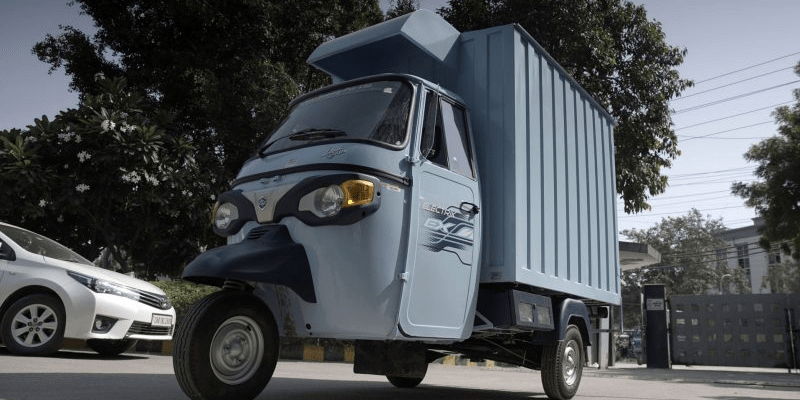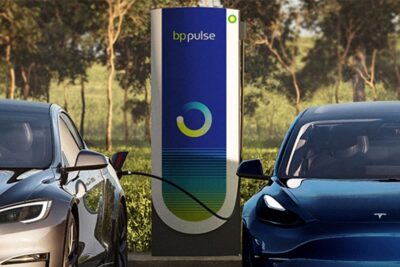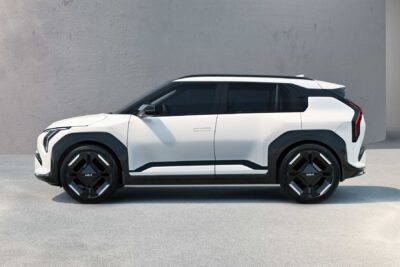BP & Piaggio announce EV bike & trike cooperation
BP and the Italian scooter manufacturer Piaggio have signed a memorandum of understanding to promote electric mobility on two and three wheels in Asia and Europe. The plan is to develop charging stations and replaceable batteries, as well as various services related to batteries and vehicles.
The initial focus of the cooperation is on the Indian market, where these vehicle classes are known to be in particularly high demand. Other possible markets include Indonesia, China and Vietnam, and Europe – although no distinction is made here between individual countries. However, the registration figures for small motorbikes and scooters are highest in the Mediterranean region.
Within the framework of the cooperation, possibilities are to be explored first in India – with the Indian BP subsidiary Jio-bp – to offer charging and battery exchange stations for e-two and three-wheelers on the subcontinent. This also involves the development of “all-round services”. BP understands this to mean Battery-as-a-Service (leasing, management and recycling of vehicle batteries) and Vehicle-as-a-Service (leasing, repair, maintenance and intelligent energy management of these vehicles). Concrete offers have not yet been revealed.
“The huge and fast-growing two- and three-wheeler market is already leading the way for electrification, and we see great potential for continued growth across both Asia and Europe,” says Richard Bartlett, senior vice president of Future Mobility & Solutions at BP. “Working closely with Piaggio Group – a world leader in this market – we will aim to develop and deliver the innovative services that customers will need.”
According to Michele Colaninno, Piaggio Group’s head of strategy and product, the collaboration with BP will help “realise our idea and offer of a mobility revolution”. “To achieve this goal, it is necessary to promote the widespread adoption of electric vehicles such as motorbikes, motor scooters and compact commercial vehicles equipped with battery swap technology or plug-in charging, thus encouraging a more sustainable life-cycle management of batteries and greater respect for the environment,” Colaninno added.
According to BP figures, for small motorbikes, scooters and compact commercial vehicles, 44 per cent of global sales and 25 per cent of the existing fleet are already electrified today. By 2040, the sales share could rise to 80 per cent, according to the Bloomberg estimate cited by BP.
While investing in charging infrastructure is obvious for a petroleum company and service station operator (which BP is already doing with BP Chargemaster and Aral Pulse), the world of battery swap stations is also not entirely new for the British company: the German subsidiary Aral has been supporting the Berlin swap battery pilot project since 2019.





2 Comments